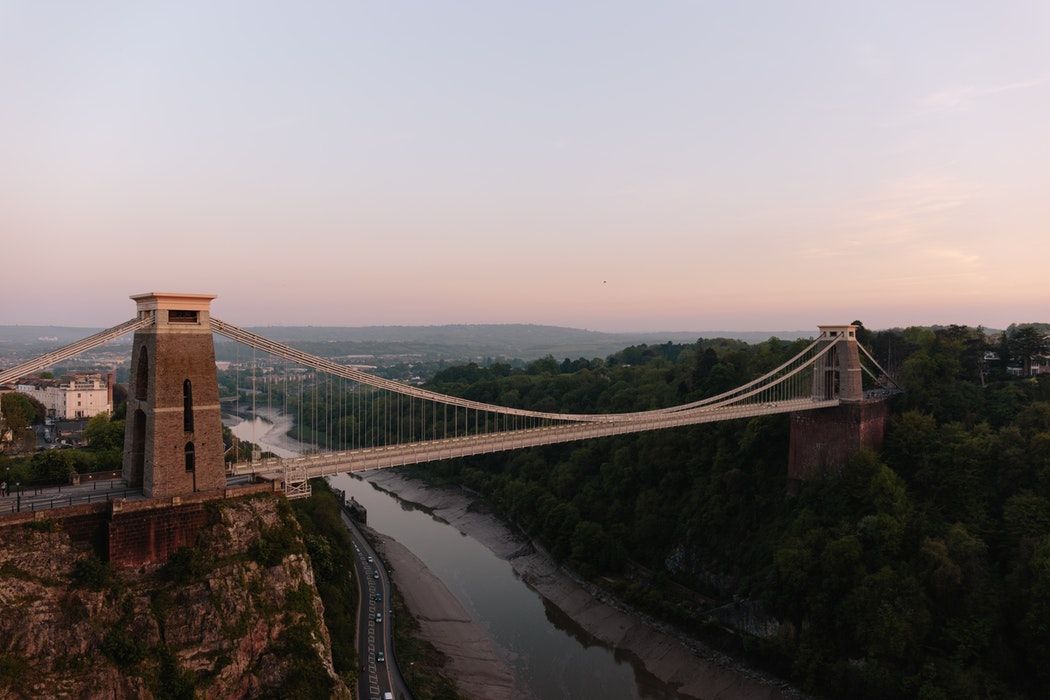By Imogen Horton, News Editor
Researchers have found a difference in progression rates to higher education ranging from 8.6 per cent in Hartcliffe in South Bristol to 100 per cent in Clifton in West Bristol.
Statistics from the Office for Students have shown that in over half of Bristol's wards students are achieving necessary GCSE grades for higher education, but not taking on this opportunity. In Hengrove, only 14.3 per cent of students access higher education, but, based on GCSE results, 22.2 per cent have the ability to.
While this attainment gap has been recognised previously, it has been commonplace to attribute it to individual schools and emphasise their need to improve. However, new findings have identified additional factors which are lessening the quality of education young people living in the most disadvantaged areas are receiving.
Less than one in ten young people in Hartcliffe go on to higher education compared to 100 per cent in Clifton, according to a new University of Bristol report: https://t.co/7MeB1aUhoN
— Bristol24/7 (@bristol247) October 9, 2018
Professor Rosamund Sutherland, who led the research has explained that while 'Bristol is considered to be a prosperous city', in reality 'Bristol has more areas categorised as being in the most deprived 10 per cent in England than other cities in the country'.
'Addressing these inequalities is a collective responsibility; everyone has a role to play, from the local authority to schools, FE colleges and universities.'
Key underlying factors are class-based and historic, as young people from disadvantaged areas are more likely to receive poor advice about accessing higher education. These young people are also likely to be the first in their family to go to university and so do not have the knowledge from their family to help them with the process.
I moved out of Bristol to give my child a chance, as a single mum who’s disabled I’m glad I have as today I got yet more confirmation that she’s doing well. Because according to statistics she wouldn’t be where she is today pic.twitter.com/WGUdQy4Tz6
— Tina Collins Edmunds (@CollinsEdmunds) October 12, 2018
The University of Bristol runs several outreach programmes to help those from areas of lower higher education participation access university, including co-sponsoring two IntoUniversity centres in Bristol.
Since 2006 the University has run Access to Bristol, a scheme to encourage pupils, who may not otherwise, consider higher education. Since starting over 3,500 students have taken part, resulting in 500 of these studying at Bristol University.
More recently, the University has also started Bristol Scholars, a scheme which gives out guaranteed offers for 'high potential' students who have experienced educational or domestic disadvantage.
Talking to Epigram, a second year Veterinary Medicine student who participated in Bristol Scholars scheme explained: ‘The Bristol Scholars programme meant that I had a guaranteed interview. The grade requirements were also lowered from AAA to AAC.’
She went on to say how Bristol Scholars had helped her further: ‘I missed my offer on results day, so I was given an offer for gateway to veterinary science, which I wouldn't have gotten if I wasn't a Bristol Scholar. If I wasn't a Bristol Scholar, I would probably be studying animal science/animal behaviour at either Nottingham or the RVC.’
Bristol's educational divide is being discussed at an event tonight: 5.30pm to 8pm, City Hall: https://t.co/7KpR9ykIZy https://t.co/aJEJ1RayaE
— Bristol University (@BristolUni) October 9, 2018
A further obstruction to higher education is that a high proportion of secondary schools in the south, east, and north west of the city don't offer A-Level or BTEC qualifications - requirements for university entry. Out of the 11 schools in Bristol which don't offer these courses, 10 fall within the most deprived wards.
Those institutions which do offer the necessary qualification are also concentrated in specific geographical areas. As a result of poor local public transport, many students are unable to travel to these schools or colleges.
To bridge gaps in the educational divide, researchers have put forward a number of recommendations including improved local transport systems in order to allow students from all areas of the city to easily access appropriate A-level and BTEC provision.
Featured Image: samueloakes / Unsplash
Did you take part in Bristol Scholar or Access to Bristol? Let us know






